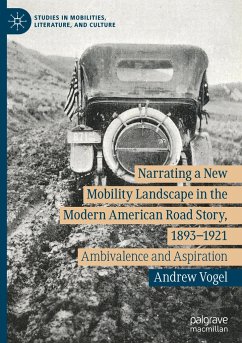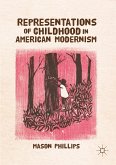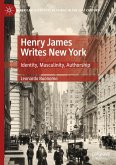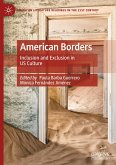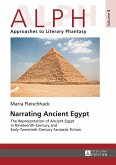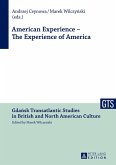This book examines travel narratives as a medium used by the American public to imagine and negotiate new ways to live in, move through, and share national space. Setting an array of archival material, including congressional deliberations, into analytical conversation with road stories by Walt Whitman, Paul Laurence Dunbar, Upton Sinclair, Emily Post, Zitkala-Sa, Henry Ford and many others, this book reframes our understanding of the origins of American automobility. The evidence gathered here sheds light on the processes by which the defining social infrastructure of the twentieth century came to be enacted, and also exposes the fraught debates and abiding misgivings that continue to roil infrastructure planning today. The insights captured in this study purposefully deepen our attention to questions of land use and collective responsibility at a moment when the ecological and social-justice consequences of American automobility must be thoroughly re-evaluated so that more conscientious mobility futures may be developed.
Bitte wählen Sie Ihr Anliegen aus.
Rechnungen
Retourenschein anfordern
Bestellstatus
Storno

